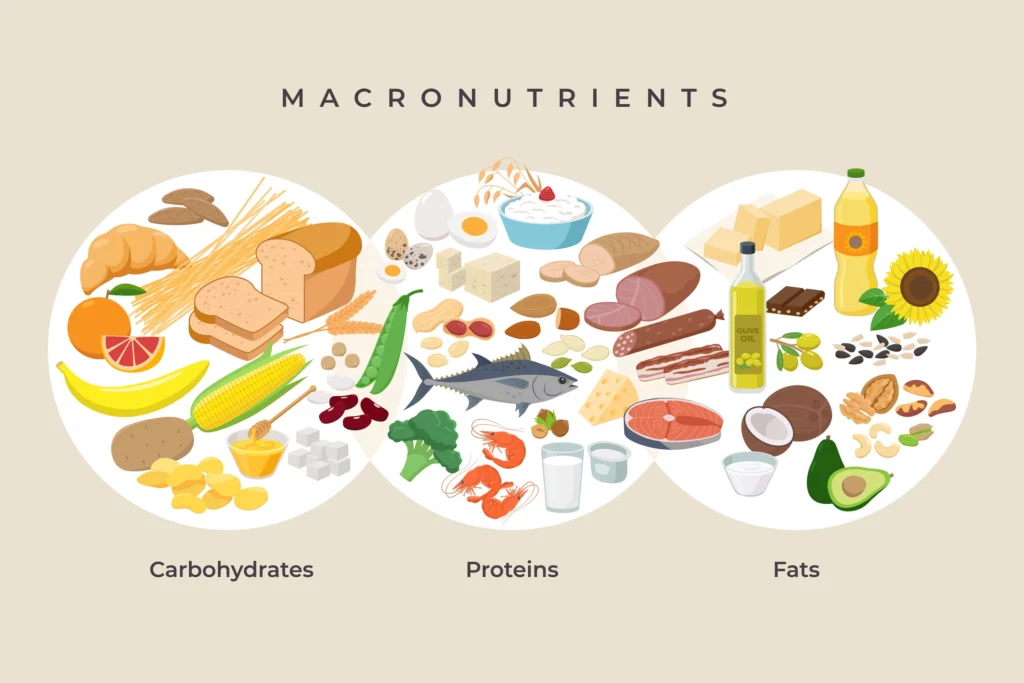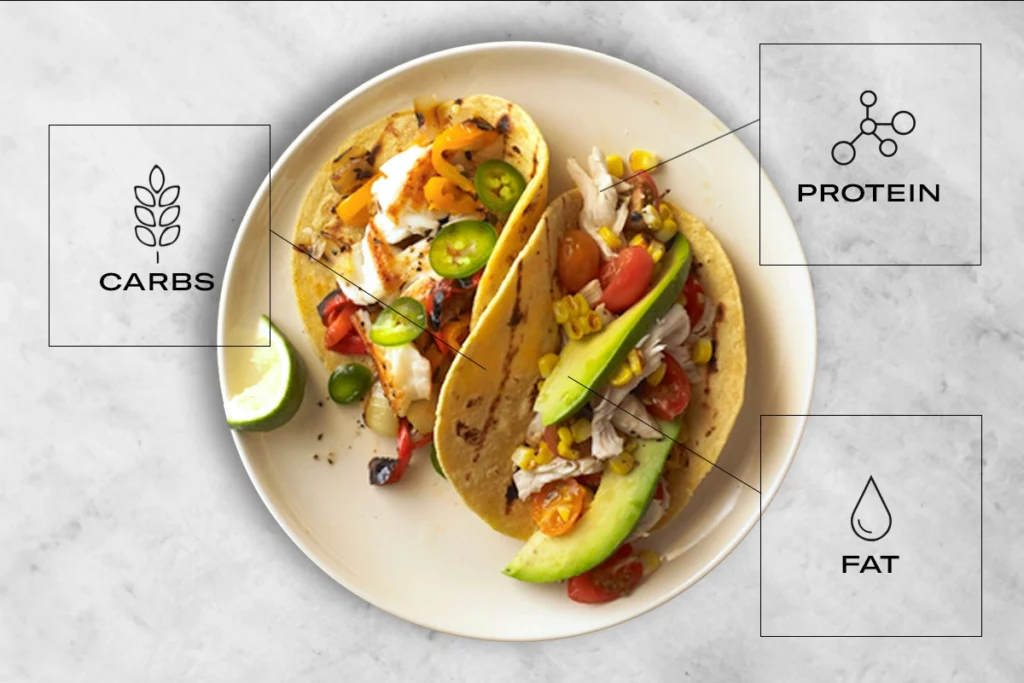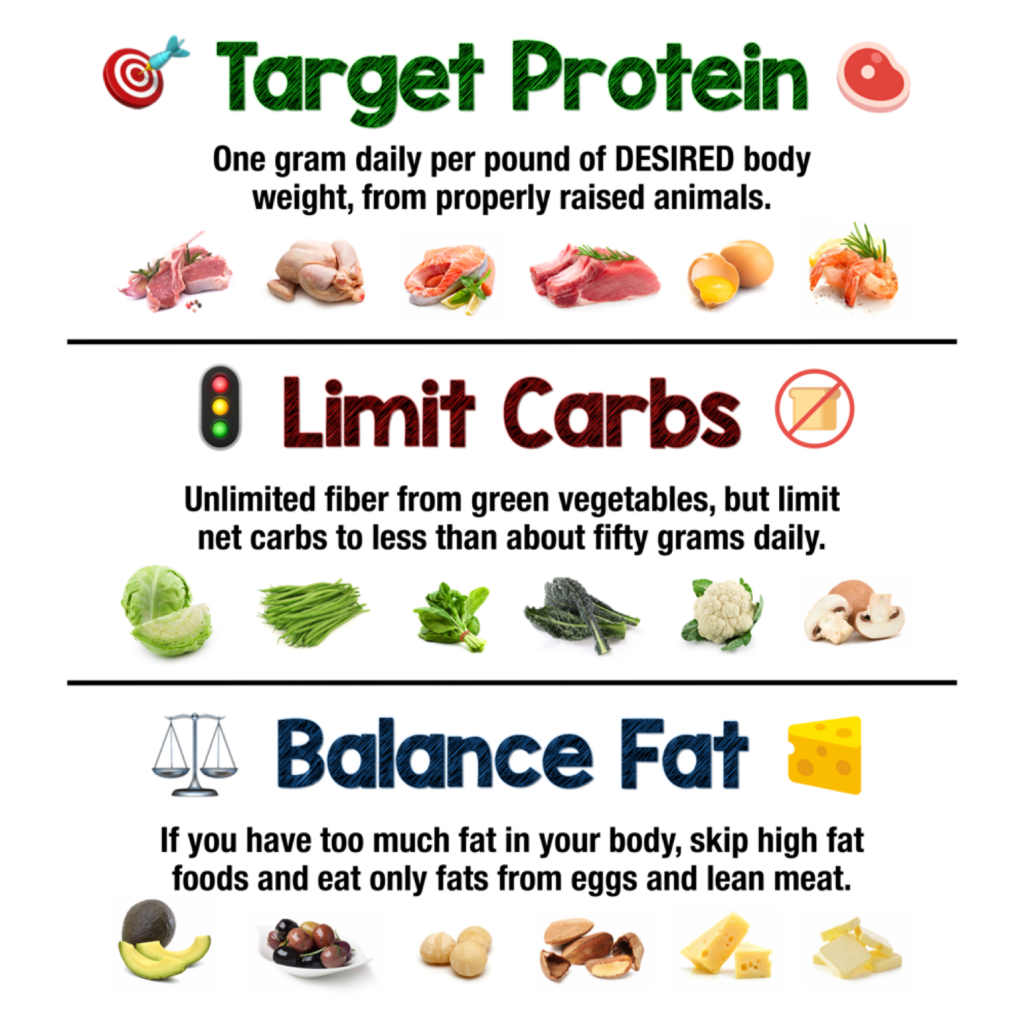So you are wondering why and exclaiming, “I keep going over my fat macros!”. Lindy Health has some great tips and tricks to stay under your set amount of fat macros and too not go over.
Fat Macronutrients, while great for somethings, can cause your body fat percentage to rise if you consume fat in large amounts.
What happens if I go over your fat macros
Gaining weight
If you exceed your fat macros, you will likely gain weight. Fat macros are essential for maintaining a healthy weight, so sticking to your allotted amount is vital.
Ultimately, if you continue to overeat your fat macros, you could end up with a weight gain directly related to how much fat you are eating.

Excess fat can lead to health problems such as obesity and heart disease. It is crucial to speak with a doctor or nutritionist if you are concerned about your fat intake. We can help you create a plan to maintain your weight and health.
Finding the right ratio of protein, carb, and fat macros is important to muscle growth.
Cholesterol increase
When you go over your fat macros, your cholesterol levels increase because your body starts to produce more cholesterol to store the excess energy when you consume too many fats. This can lead to health problems such as heart disease and stroke. Additionally, if you are overweight or obese, your body will produce even more cholesterol than someone who is at a healthy weight.
Bad breath
If you go over your fat macros, you might experience bad breath. When you consume too much fat, it can be stored in your body’s cells, creating an unpleasant odor. Additionally, if you’re not getting enough fiber in your diet, the extra fat can cause constipation, which can also lead to bad breath.
If you’re experiencing bad breath, make sure to talk to us about what might be causing it and how you can improve your diet to reduce the chances of having it in the future.
Gastrointestinal discomfort
If you consume too many fat grams in a day, you may experience gastrointestinal discomforts, such as bloating, gas, and diarrhea. This is because consuming too many high-fat foods can overload your digestive system. Your body cannot digest and absorb all of the fat, leading to these uncomfortable symptoms.
Feeling gross
Saturated fats cause inflammation in the body. If someone goes over their fat macros, they may feel nauseous and bloated. You may feel gross because you will be consuming more fat than your body can use or store.
How to not go over your fat macros
If you aim not to go over your fat macros, you should aim to monitor your food intake and make sure you are not eating too many calories from fat. You can do this by reading food labels and tracking your food intake in a food journal.

Additionally, you can try to choose lower-fat foods and avoid eating high-fat foods altogether. Finally, you can try to engage in regular physical activity to help burn calories and help keep your body fat levels stable.
If you are still finding it challenging to stay within your fat macros, speak with us about how you can adjust your food intake to ensure that you are keeping track of your calorie and macronutrient goals.
Why do people often have too many fat macronutrients
Most people usually have concerns such as I keep going over my fat macros keto diet, and so on. There can be many possible reasons why you keep going over your fat macros keto diet, thus resulting in many fat macronutrients.
People often have too many fat macronutrients because they are not aware of how to calculate their daily caloric needs correctly. They overestimate how many calories they burn through exercise.
Additionally, many people are unaware of how to read food labels and track their intake. As a result, they consume more calories than they need, which results in excess fat accumulation.
Also, people who are overweight or obese often have a genetic disposition to store more fat than necessary. Therefore, even if they consume the same number of calories as someone who is not overweight or obese, they will still accumulate more fat because their bodies will preferentially store those extra calories as body fat. Ultimately, over-consumption of fats and carbohydrates is the root cause of obesity and other related health problems.
Another possibility is that you may not be getting enough protein or carbohydrates, so you are filling up on fat to meet your daily calorie needs. Another possibility is that you may be trying to lose weight, so you are restricting your carbohydrate and protein intake to reduce your calorie intake.
Finally, some people may enjoy eating lots of fats and proteins, so they aren’t necessarily trying to eat healthier overall. In any case, it’s essential to be mindful of how much fat you’re eating and make sure that you are getting enough of all the essential nutrients.
If you are concerned about your weight or overall health, it might be good to talk to us about what changes you can make to improve your diet.
How to increase fat macros
Increasing your fat intake can be a great way to help you reach your macro goals. The following are some of the strategies on how to increase your fat macros:
Adding higher-fat foods to your diet.
Adding higher-fat foods to your diet is one way to increase your fat macros. For example, adding a few tablespoons of olive oil or coconut oil to a stir-fry or salad can help boost the fat content. Higher-fat foods include avocados, olive oil, nuts, and seeds.

These foods are a great source of healthy fats, which can help you meet your daily fat macros. Including a few higher-fat items in your diet can also help you cut down on overall calorie intake.
By adding these healthy and nutritious foods to your diet, you can help ensure that you’re getting the nutrients and vitamins you need to support your body’s fat-loss goals.
Additionally, including high-fat foods in your diet can help you satisfy your cravings for unhealthy calories. By choosing healthier options throughout the day, you can easily reach your daily fat macros and break through weight-loss plateaus.
Incorporating healthy fats into your meals and snacks
Including healthy fats in your meals and snacks is a great way to increase your fat macros. Good options include olives, avocado, nuts, seeds, and oils like olive oil or coconut oil these are all macronutrients.
By incorporating these healthy fats into your meals and snacks, you’ll not only increase your fat macros, but you’ll also get some essential nutrients and antioxidants that your body needs.
These fats will also help to satiate your hunger, so you don’t feel the need to snack throughout the day. So whether you’re looking to boost your fat macros or eat healthier overall, incorporating healthy fats into your meals and snacks is a great way!
Limit intake of processed foods and saturated fats
Limiting the intake of processed foods and saturated fats are two ways to increase fat macros. Processed foods are high in unhealthy fats and sodium and can contribute to weight gain. Saturated fats are linked to heart disease, obesity, and other health problems.
By replacing processed foods with fresh, whole foods and limiting saturated fats, you can lower your calorie intake and increase your intake of healthy, unsaturated fats. Limiting your intake of these foods can increase your intake of healthy fats and reduce your risk of health problems.
Please reach out to us for any help on how to begin your diet or how to not go over your fat macros. Together, we can figure out a plan that works best for you!
- Peter MD Review 2024 – Is it a Good TRT Option? - February 27, 2024
- 5 Best SARM Companies - February 1, 2023
- Movement, Exercise, and How to Make it Stick - January 11, 2023








